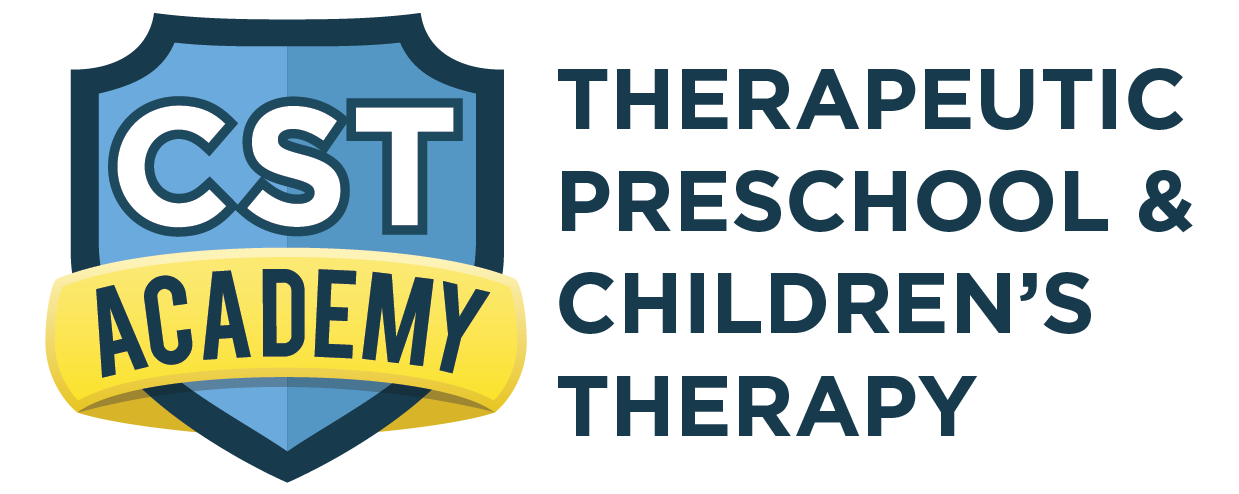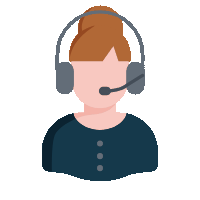Parents often wonder what a typical day is like in a therapeutic day program. A structured schedule and daily routine are critical in a child’s early developmental stages. Below is a schedule of activities performed throughout the day that will help enhance your child’s speech and language development.
Therapeutic Play/ Free Play
Allows children to gain knowledge and practice social skills such as turn-taking and interactive play with their peers. Many speech therapy exercises performed in the classroom will target memory and gross motor skills. Therapists also use DIR Floortime to enrich their learning by getting on the same level as the child. This boosts social interaction and emotional functioning, which results in an increase in communication within the child.
Circle Time
This critical time allows children to actively engage and participate in activities in a group setting. Students learn letters, numbers, sounds, seasons, holidays etc. during this time. Students are asked to follow directions and actively participate in this structured group activity. This helps students later transition into a classroom setting, where they are expected to take direction and listen to a teacher.
Music
Students are excited to have a chance to actively express themselves through song and dance each day. This repetition activity targets gross motor and memory skills all while engaging in new receptive and expressive vocabulary.
Language Development Activities
Children will engage in story time by learning new vocabulary that helps overall expressive and receptive language skills. Sign language is often incorporated in stories and songs to keep students interested and learn a new way of communication.
Art
This allows the children to be creative and express themselves by participating in fine motor activities. These activities are demonstrated in artistic mediums such as coloring, painting, building, and creating crafts. This gives students a chance to explore their resources in an artistic manner while developing fine motor skills. Students also learn to ask questions and engage in discussion of their needs and wants, for example, asking for a purple crayon.
Feeding Therapy and Development
Children will incorporate learning during this time by practicing acts of sharing, using manners and exploring different snacks. Trying new foods allows a child to also explore new textures and tastes. Along with new foods, they learn new vocabulary associated with mealtime. Some children that struggle with oral motor skills may receive additional support during this time.
This daily schedule is important for children so that they can learn the pattern of a routine, follow directions, and get used to starting at any therapeutic day program. Parents will see improvements in their child’s speech, language, behavior and attitude from having a uniformed routine and additional therapeutic support.
Are you interested in receiveing free information, speaking with Karen, or scheduling a free tour? If so, Click Here














